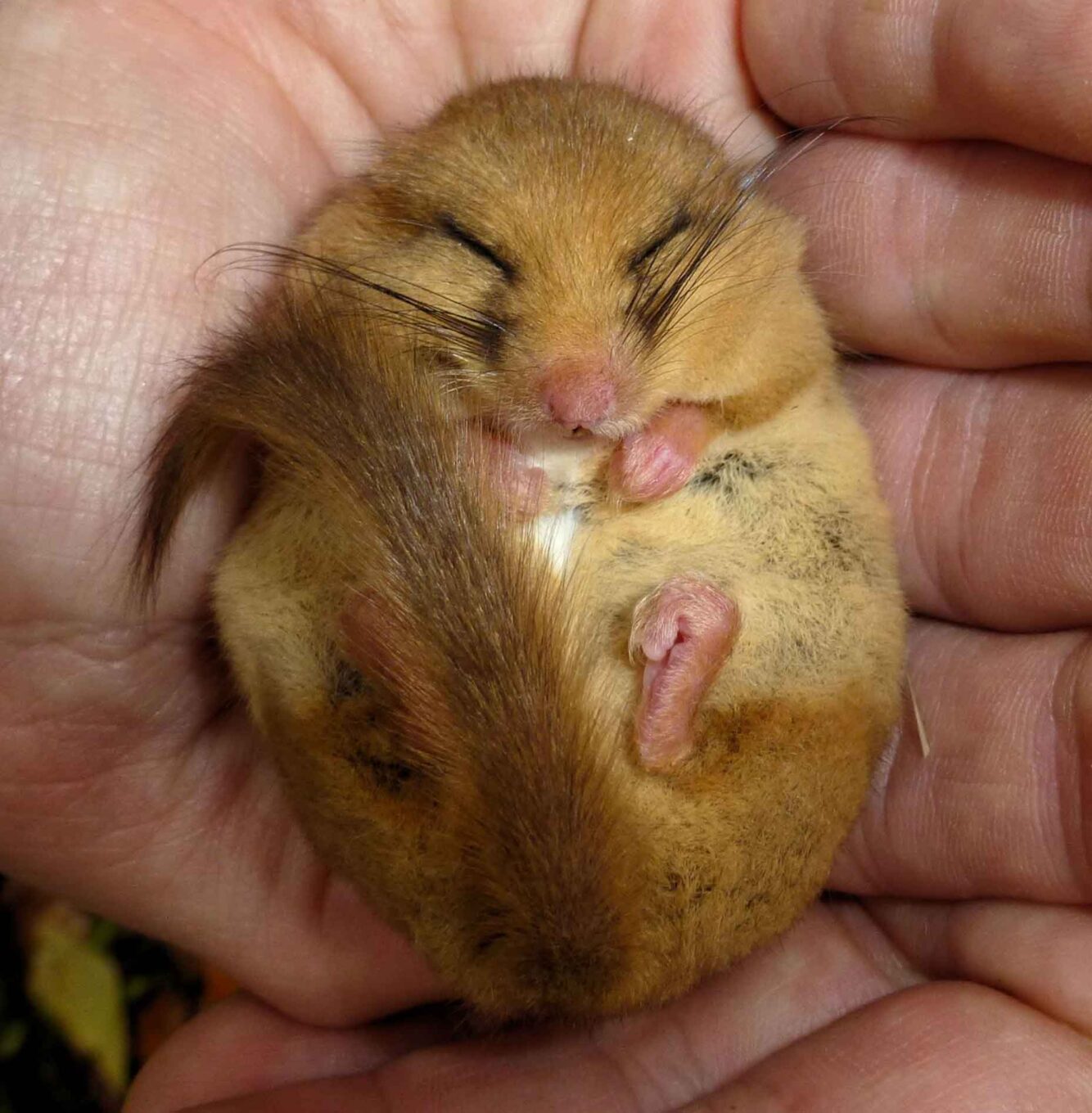Photo: A sleeping hazel dormouse (Muscardinus avellanarius), taken by Denise Plume
Read the following Bible passages:
- Observe the Sabbath day, to keep it holy. (Exodus 20:8. MSG.)
- “Are you tired? Worn out? Burned out on religion? Come to me. Get away with me and you’ll recover your life. I’ll show you how to take a real rest. Walk with me and work with me—watch how I do it.” (Matt. 11: 28-29. MSG.)
- A huge storm came up. Waves poured into the boat, threatening to sink it. And Jesus was in the stern, head on a pillow, sleeping! (Mark 4: 37-38a. MSG.)
Pause and reflect for 30 seconds or so. Ask: who or what is the dormouse? Nature resting in its own needed rhythm? You as you might be, as we should be? Jesus in the bottom of the boat sleeping despite the raging storm?
Sleep/rest is God-like, Christ-like. It is written into the needs of creation. As humans made in that God’s image likewise we are obliged, required to rest. To. Stop. Now.
Like the dormouse, we cannot survive the hard times by being constantly active. We have to stop. Nourish ourselves and rest. Give creation time to rest and be nourished.
In the creation account in Genesis 1 we read “there was evening & there was morning”, the time for rest comes before the time of action. And a whole day is created by God for rest and God rests on it. The Sabbath.
Walter Brueggemann in his book ‘Sabbath as resistance – saying no to the culture of now’ notes that in Exodus the commandment to keep the Sabbath is a hinge between those commandments about loving God and those about loving our neighbour. We are to keep a Sabbath because God gave it to us for that purpose and its scope reaches everyone & everything – family, household, community, servants, animals, foreigners and those of other faiths, creation. Our rest should not depend upon another’s labour or exploitation or that of creation
God tells us for 24 hours we are to do nothing that is not essential for life. Imagine that. If we actually properly stopped for a day. And spent time ‘just’ being with God…For a whole 1/7 of our life not buying, producing, doing, using – imagine the impact of yourself, on our church, on our communities – on the environment.
A sabbath is the antithesis to the perpetual productivity, action, consumption and anxiety of the system we currently inhabit, which has created the climate and biodiversity crises. And a system that we replicate too often in our churches – to do more, to be busy, to measure ourselves in numbers rather than depth of faith and quality of relationships – instead of just being with God and each other. And in environmental activism also we are tempted to do more, don’t stop, the crisis is too urgent – we risk burnout if we do not rest, and take time to be with the Creator in Creation. To joyfully do nothing with God in God’s garden. A Sabbath is, Brueggemann says, an “act of testimony to alternative – and resistance to pervading values and the assumptions behind them”. Jo Musker-Sherwood in her webinar for ARUK in May put it this way “we cannot solve the climate crisis with the same mindset that created it.”
A Christian ethical practice is to do nothing and to enable others to do so, especially to those most vulnerable, exploited and oppressed and worn out. To offer a cushion to them in the bottom of the boat, to nap with Jesus. To do it ourselves. To allow creation to do so. To snore whilst the storm is raging is an act of Christ-like defiance. It does not deny the storm but says that we trust in God, not our own strength.
In our prayer time too, we do not need to be busy, to fill God’s ears with our words – to listen and dwell in the silence with God is prayer enough.
Amen.

